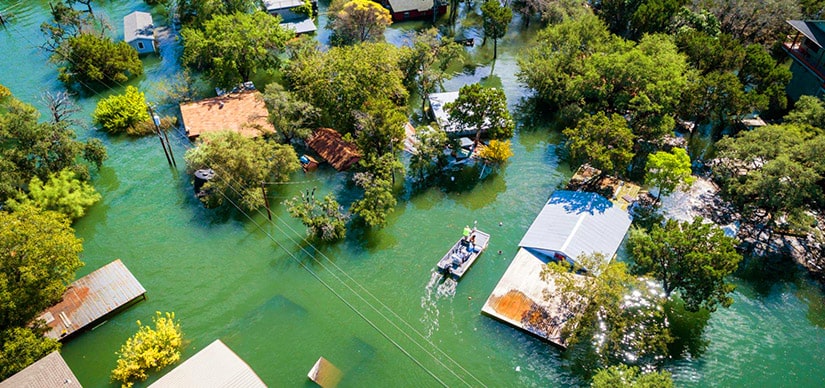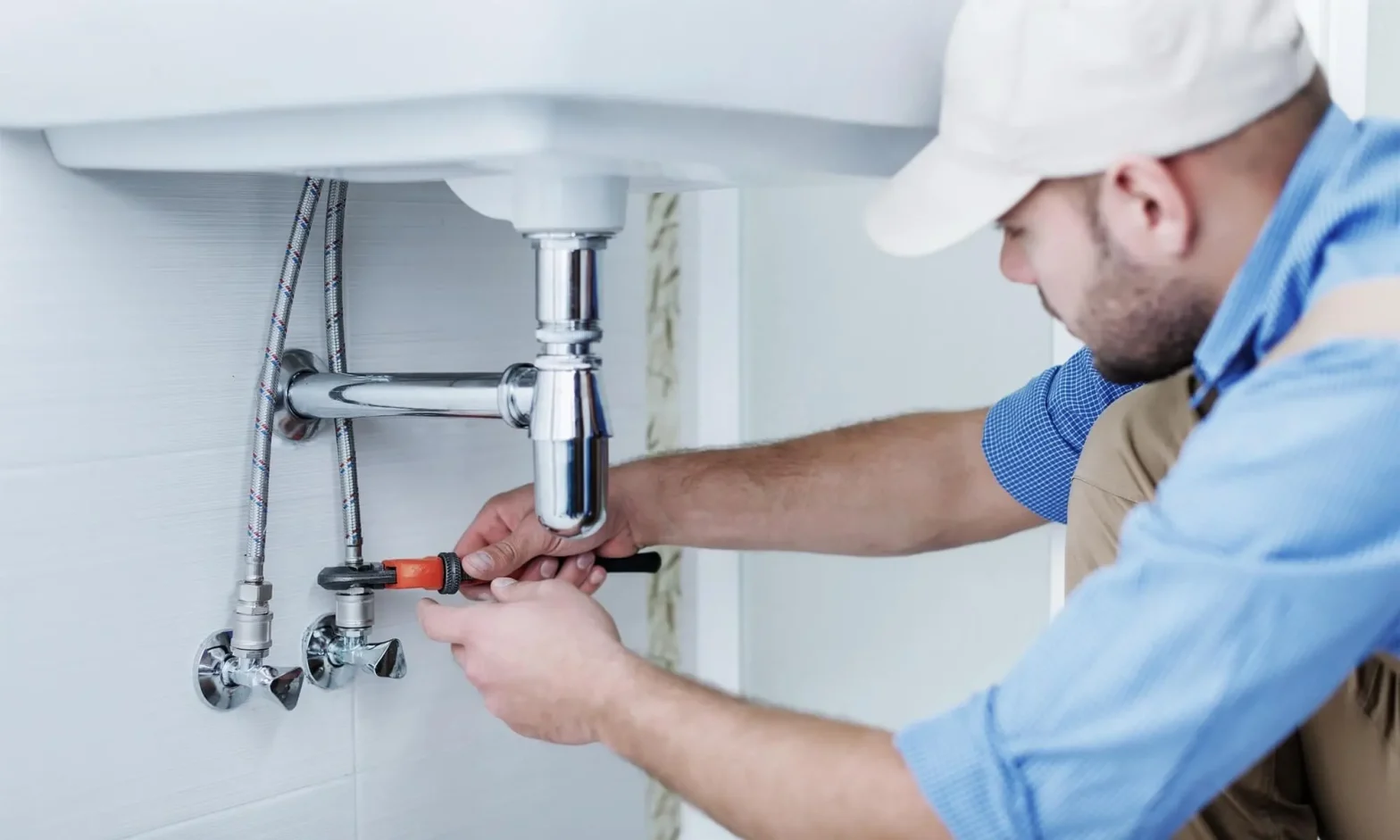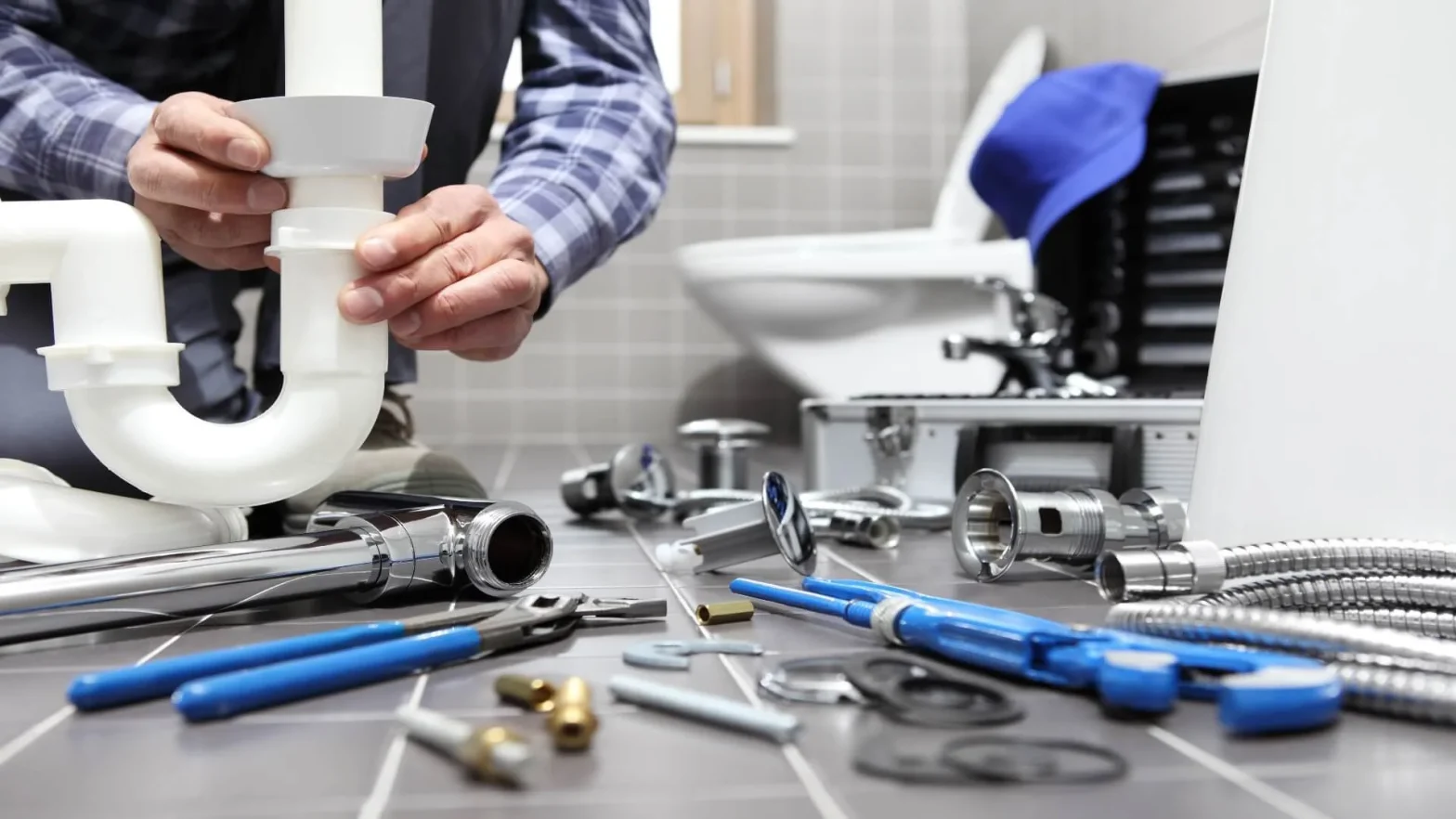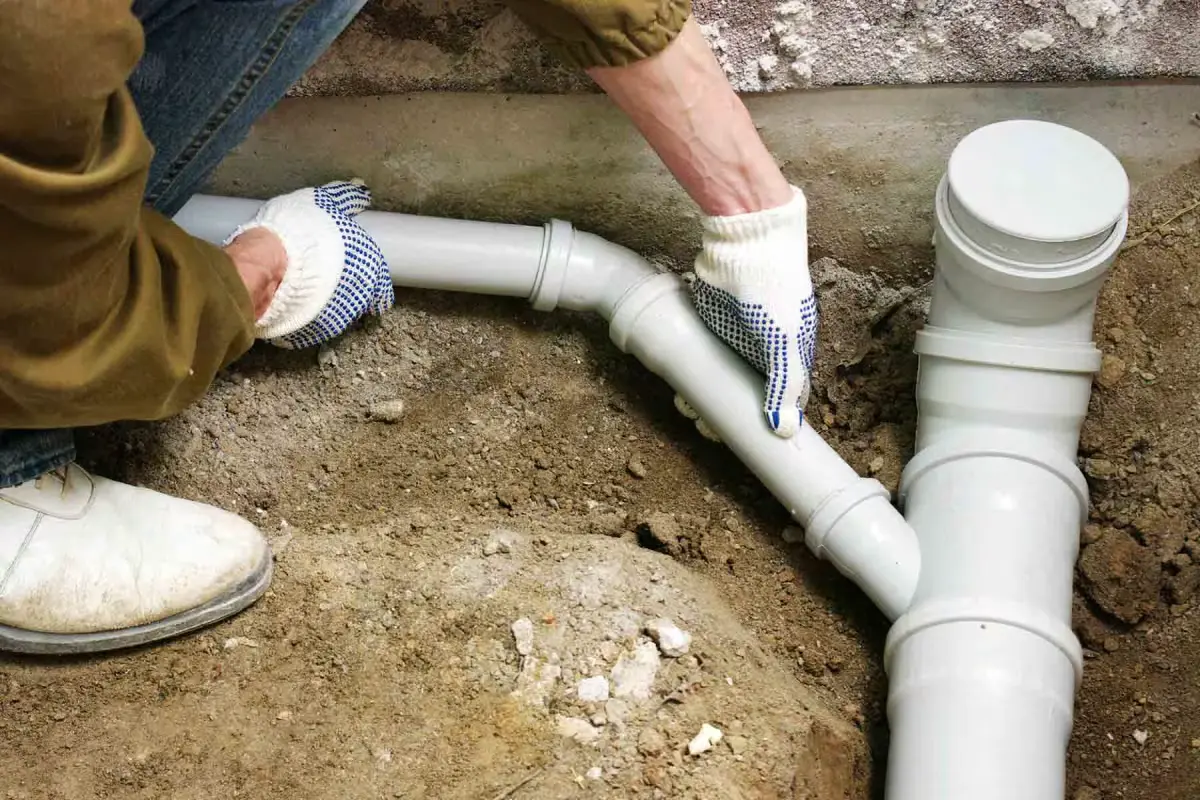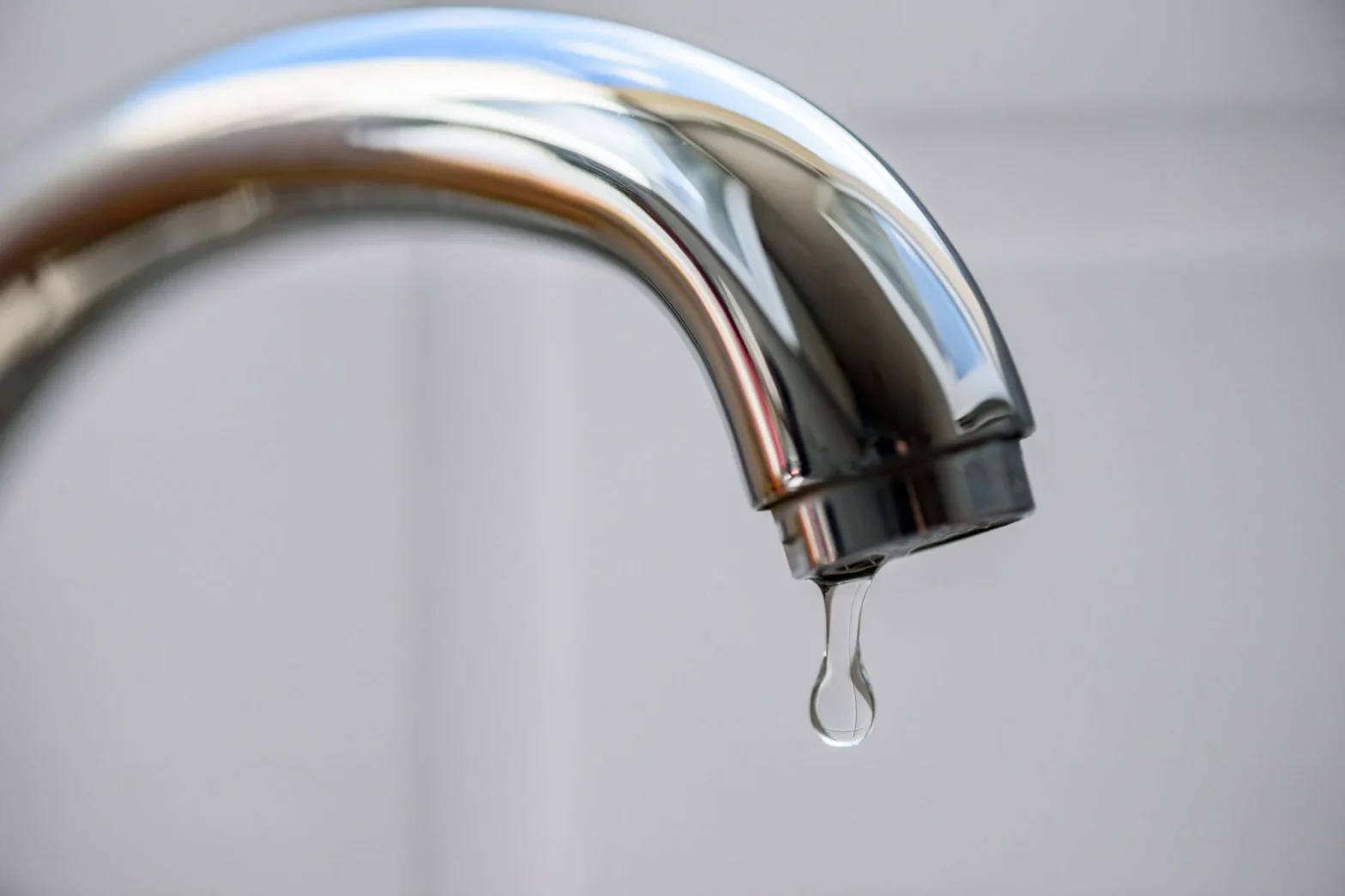What Are The Dangers of Flooding And Tips For How You Can Protect Yourself
Floods have a negative social, economic, and environmental impact on both persons and communities so conquer this damage the experts will help you with Flood Damage Restoration in Mission Viejo. The effects of floods—both positive and negative—can vary greatly depending on the location and intensity of flooding as well as the vulnerability and value of the built and natural ecosystems they affect. Typically, people think of hurricanes, tornadoes, and wildfires when considering natural catastrophes. Floods aren’t often on people’s minds. Floods are the most frequent natural disaster to strike the United States each year, and they are brought on by hurricanes, rising storm surges, torrential rains, and even thawing snow.
How is flooding dangerous?
During or after a severe storm, when flood cleaning services will be helping, flooding provides a number of concerns that should be considered. The negative impacts of pollution on floodwater are one of the main issues. Your health is in danger from harmful fumes and infectious infections. Due to the multiple threats that flood water presents, you should exercise caution when wading through any flooded areas. Floodwater spreads out and picks up an amazing variety of objects that it comes into contact with. Only a few of the hidden dangers lurking beneath the surface include trash, oil, insects, snakes, biological waste, and more. Additional methods floodwater might put you at risk are listed below:
- Open wound infection
- Toxic chemical spread
- More ants and dangerous insects
- Water’s surging force
Spread of Toxic Chemicals
Numerous automobiles frequently leak oil or other engine fluids. That debris is scattered around the area by floodwaters. Fuel leaks from a broken gas station simply add to this pollution. Play it safe and avoid becoming poisoned. You never know what toxins standing water brought with it as it traveled to land nearby. Flooding cause potentially harmful aquatic animals, including snakes, too near to you. Keep yourself safe by avoiding going into any standing water.
Open Wound Infection
Floods frequently carry sewage from farms or sewers, contaminating the water with many harmful germs. Even though biohazards haven’t been detected, the exceedingly dangerous bacteria legionella, which may cause a potentially deadly variety of pneumonia, can be found in floods. These bacteria-filled risks might infect a cut or an open wound if you get caught in floodwaters. Avoid taking that chance and contact a flood damage repair company.
An increase in ants and harmful insects
You might be familiar with fire ants’ fascinating yet terrifying strategy to flee floods. Until they come to find anything they can climb on, these ants create a floating mass and float on floods for days or weeks. These islands would be extremely lethal if they came into contact with humanity. From a distance, these “rafts” can look like piles of debris, making it impossible to tell how much danger you’re actually in. To do this, call Flood Damage in Mission Viejo. But if you accidentally touch a mound and become covered in fire ants, quickly brush them off. Don’t dive in to wash them off; they can withstand the water for a long time without drowning.
Water’s Rushing Force
An adult may be knocked down by six inches of flowing water, and most automobiles can stall and be swept away by two to three feet of water. Avoid letting the appearance of shallow water lull you into a false feeling of security. Currents may be fatal. Even if the floodwaters appear to be shallow enough for you to walk in, keep children away from the water and never do so yourself.
Essential key points to protect yourself from flood
Floods can rise slowly or quickly, but they typically take many days to build so flood damage repair should be done quickly. The worst flood situations might result from dam breakdowns. A dam’s breakdown is typically the consequence of carelessness, bad engineering, or structural deterioration brought on by a significant catastrophe like an earthquake. When a dam bursts, enormous amounts of water are abruptly released downstream, devastating everything in its path.
Tips to Consider When Evacuating
If directed to depart, do so immediately. Before flood levels grow too deep for regular cars to pass through, evacuation is safer and easier. For instructions on how to leave, tune in to a radio that runs on batteries. Avoid using shortcuts during an evacuation; they may be closed. Arrive far enough in advance to prevent being stranded on flooded highways.
When the water starts to recede, the risk of a flood does not go away. Wait until the police say it is safe to go home before turning on the radio or television. Do not forget to assist your neighbors who may need special help from emergency flood restoration, such as young children, the elderly, and those with disabilities. Other advice is:
- Check the foundations for deterioration such as cracks. If flood waters are still present surrounding the structure, stay away from it.
- Use utmost caution when entering structures. When inspecting structures, put on sturdy shoes and utilize battery-operated lamps or torches. Check the building’s doors, windows, floors, and walls to ensure that there is no chance of the structure collapsing.
- Keep an eye out for creatures that could have entered your home with the floodwaters, especially deadly snakes. Use a stick to poke through the rubbish.
- Keep an eye out for falling ceilings and loosened plaster. For insurance claims, take photographs of the damage to the house and its belongings.
- Find potential fire dangers. Gas lines that are broken or leaky, electrical circuits that are inundated, submerged furnaces or electrical appliances, and things that are combustible or explosive coming from above.
- Food that has been in touch with floodwaters, particularly canned foods, should be thrown away.
- To prevent structural damage, flood damage repair company gradually pump out flooded basements. Repair broken leaching systems, cesspools, pits, and septic tanks as soon as you can. Health risks resulting from broken sewage systems.
- For gas leaks, look. If you detect a gas smell or hear a blowing or hissing sound, open a window and leave the structure right once. If you can, shut off the gas at the main outside valve and dial the gas company from a neighbor’s house. If you turn the gas off for whatever reason, a professional must turn it back on.
- Check for damage to the electrical system. Turn off the electricity at the main fuse box or circuit breaker if you notice sparks, damaged or frayed wires, or the smell of hot insulation. To access the fuse box or circuit breaker, you must wade through water. If this is the case, see an electrician.
- Examine the water and sewer lines for damage. Avoid using the toilets and call a plumber if you think the sewage pipes are compromised. Contact Cali’s Choice Plumbing and Restoration, and refrain from using the tap water if the water pipes are broken. Ice cubes may be melted to produce clean water.
Floods cause a wide range of diverse, significant, and far-reaching harm. The immediate effects of floods include loss of life, property damage, crop ruin, and livestock loss, Flood Damage in Mission Viejo will help you to reduce the effect of flood damage. With heightened mental stress and physical sickness from waterborne infections, the continued emotional burden is significant. Floods may also disrupt electricity generation and transmission, which can have a cascading effect on other aspects of life.
.
Related Posts


